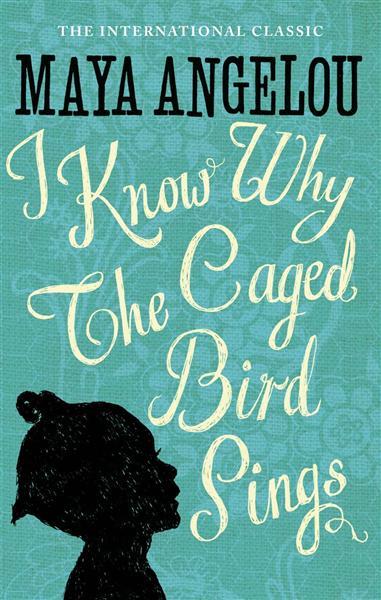
I've seen much worse, but for a book presuming to deliver such a profound message, they struck me as too stereotypical. They were more like robots than humans, and given what we know of cloning, they seem to defy the notion of human. I wasn't so much creeped out by the clones, as I was frustrated. I mostly depend on friends to tell me when something important happens in the world, and thus miss out on most of the details. Has individualism become synonymous with anarcho-capitalism? I don't ask out of doubt, rather curiosity. But that, of course, is wiiide open to discussion.

A small town mentality seems too small by comparison of effect. The scale of the effect of Molly's son (the fairy tale ending), I felt, was intended to contrast the scale of the clone community - something which only the size of socialism matches. Perhaps I jumped too far to parallel conformance with socialism, but that was the vibe I was getting. I don't think Wilhelm's novel is intentionally an Objectivist Manifesto (if we can assign any meaning to the term 'objectivism'), but I do think she intended the outcome to be very much in line with American individualism - the pioneer spirit amidst pressure to conform. It's probably one of the few books I've read in the past couple of years that had scenes that really creeped me out. Putting aside the message of the book, I thought Wilhelm captured the mood of her restrictive, conformist society very well, and a lot of moments with the clones felt genuinely creepy and suffocating. While I agree that Wilhelm's writing is Cold War-influenced (and what SF author of the time wasn't?), I think she is more influenced by the threat (and perhaps, promise) of nuclear apocalypse, rather than by any overt political stance. Small community tyranny isn't the same thing as large state regulation. Regarding the message of the book, she painted small community tyranny as nightmarish- which doesn't seem on par with it being an anti-Communist message. I really hate that individualism has become synonymous with anarcho-capitalism. I don't like Wal-Mart AND I have a problem with conformity. I'm starting to wonder whether I'm some latent laissez-faire Objectivist deluding myself as a progressive leftist.

That's twice that a book I really liked has been essentially pigeonholed as Randian tripe. Socially, which begs the question, wouldn’t the cycle start again? Has she truly solved humanity’s People in a situation not so different from where they began politically and Wilhelm provides little information as to theĪll-so-important details of her utopia/fairy tale, but seems to have left the Novel, consummated by the fairy tale ending, does not seem to reflect this balance. Utopia seems to imply some balance of conformity and non-conformity, and the Yet, in the conclusion, individualism is goodĪs long as YOU are able to get a group of people to ignore THEIR ideas and

Non-conformity is GOOD (Ayn Rand are you listening?!?!). Spends the whole novel deconstructing the idea that conformity is BAD and Own ideas, everybody follows them, and voila, utopia. Result of the individual taking a step away from the herd, implementing their Realities of twenty years of utopia building (as if the Faberge egg could beīuilt by made so easily), the novel commits the sin of ending on a fairy tale Keeping with the simple ideological presentation, something must be said of the


 0 kommentar(er)
0 kommentar(er)
